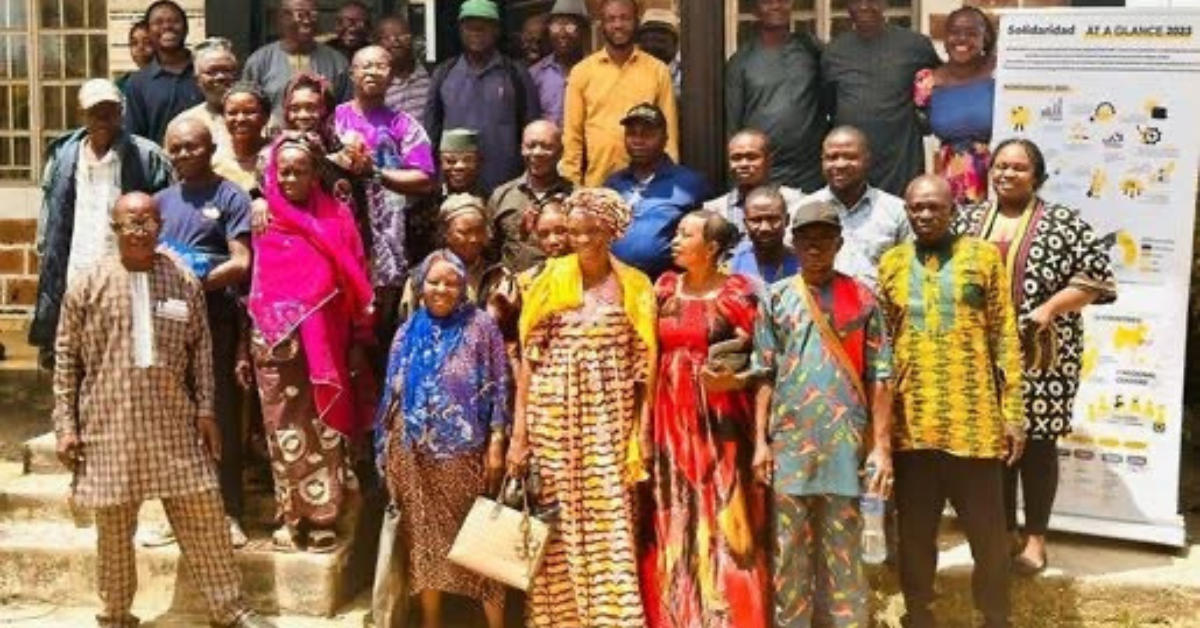Solidaridad West Africa recently convened over 50 stakeholders, including Village Area Land Committees (VALC) and Chiefdom Land Committees (CLC), to review findings from a needs assessment aimed at strengthening land governance in the Bo and Kenema districts.
The one-day session took place at the Ministry of Agriculture and Food Security training hall in Kenema, where stakeholders examined the work of an independent consultant. Reportedly, the assessment seeks to improve understanding of land governance, particularly among women, and promotes sustainable land management practices in the Kakua and Nongowa chiefdoms.
The initiative is reportedly aligned with the Sierra Leone Land Administration Project (SLLAP), spearheaded by the Ministry of Lands, Housing and Country Planning in partnership with the Food and Agriculture Organization (FAO) and the World Bank.
Andrew Kojo Morrison, the Country Representative of Solidaridad Sierra Leone, highlighted the importance of the collaborative effort. “Our partnership with FAO and the World Bank under SLLAP is a vital step toward inclusive land governance. By engaging directly with traditional authorities, we ensure that land committees understand the laws governing their responsibilities,” he stated.
Morrison emphasized that the initiative goes beyond raising awareness, stating that it aims to transform rural land management by amplifying women’s voices in decision-making and building sustainable local capacity. The validated findings from the assessment, he said will provide guidance for enhancing the operational functions of the committees and developing a more efficient land administration system in Sierra Leone.
A local authority representative voiced support for the initiative, noting its significance. “If land issues are not addressed properly, they can lead to serious disputes within our communities,” he explained. He urged Solidaridad and FAO to continue supporting the Government in training VALC and CLC members throughout all districts. “Understanding their roles and responsibilities is essential for establishing effective land governance and preventing conflicts,” he added.
Consultant Kadija Jalloh, who conducted the study, outlined its objectives, asserting that it aims to determine if land committee members have the necessary tools and understanding of key policies, including the Gender and Women’s Empowerment Act and the Customary Land Rights Act. She stressed that the knowledge is crucial for addressing land governance issues effectively.
“It is essential for committee members to be well-versed in these national policies, as they will need to reference them when dealing with land-related matters,” she concluded, with reporting stating that the ctivity is supported by the Food and Agriculture Organization (FAO), in underscoring a collective effort towards sustainable land governance in Sierra Leone.











